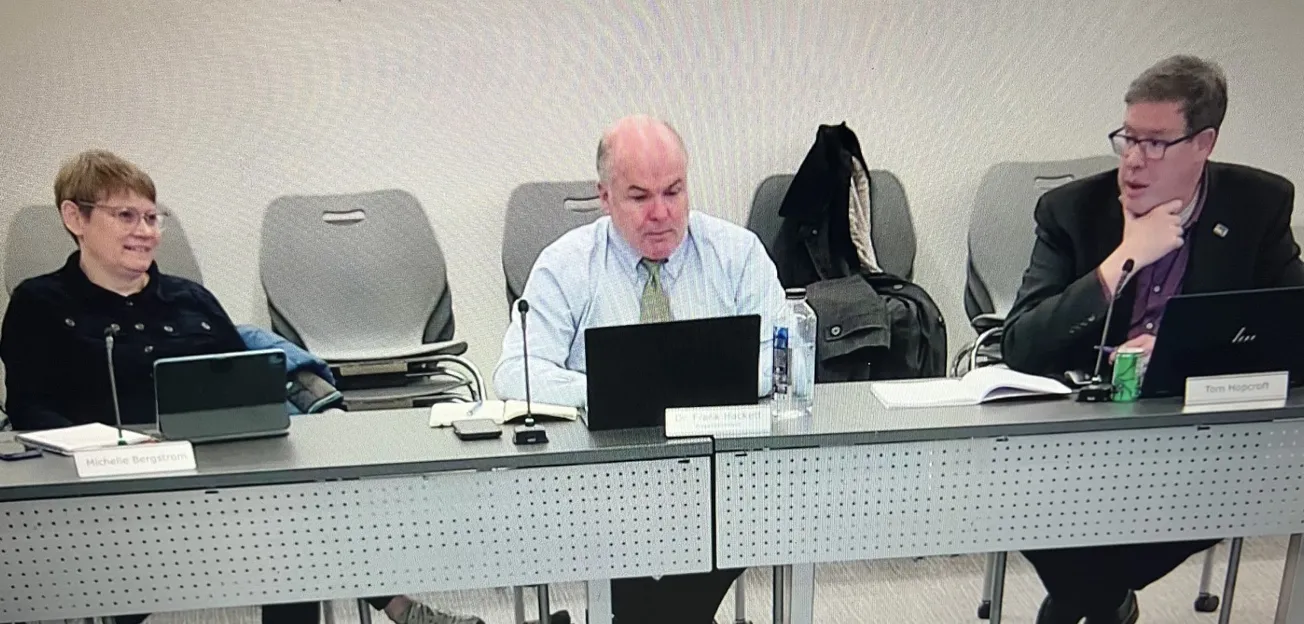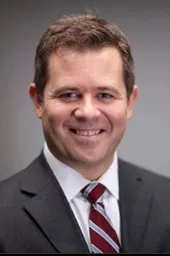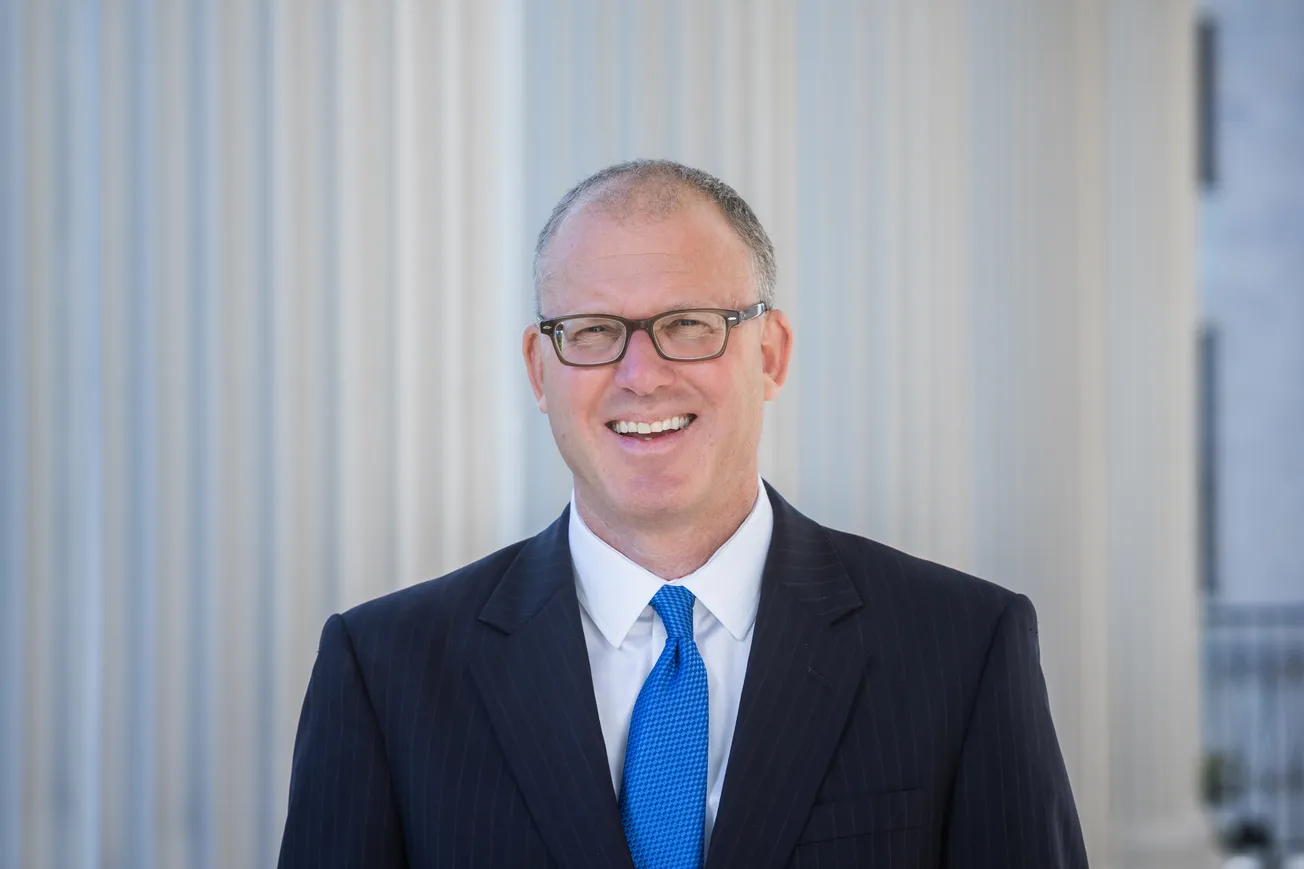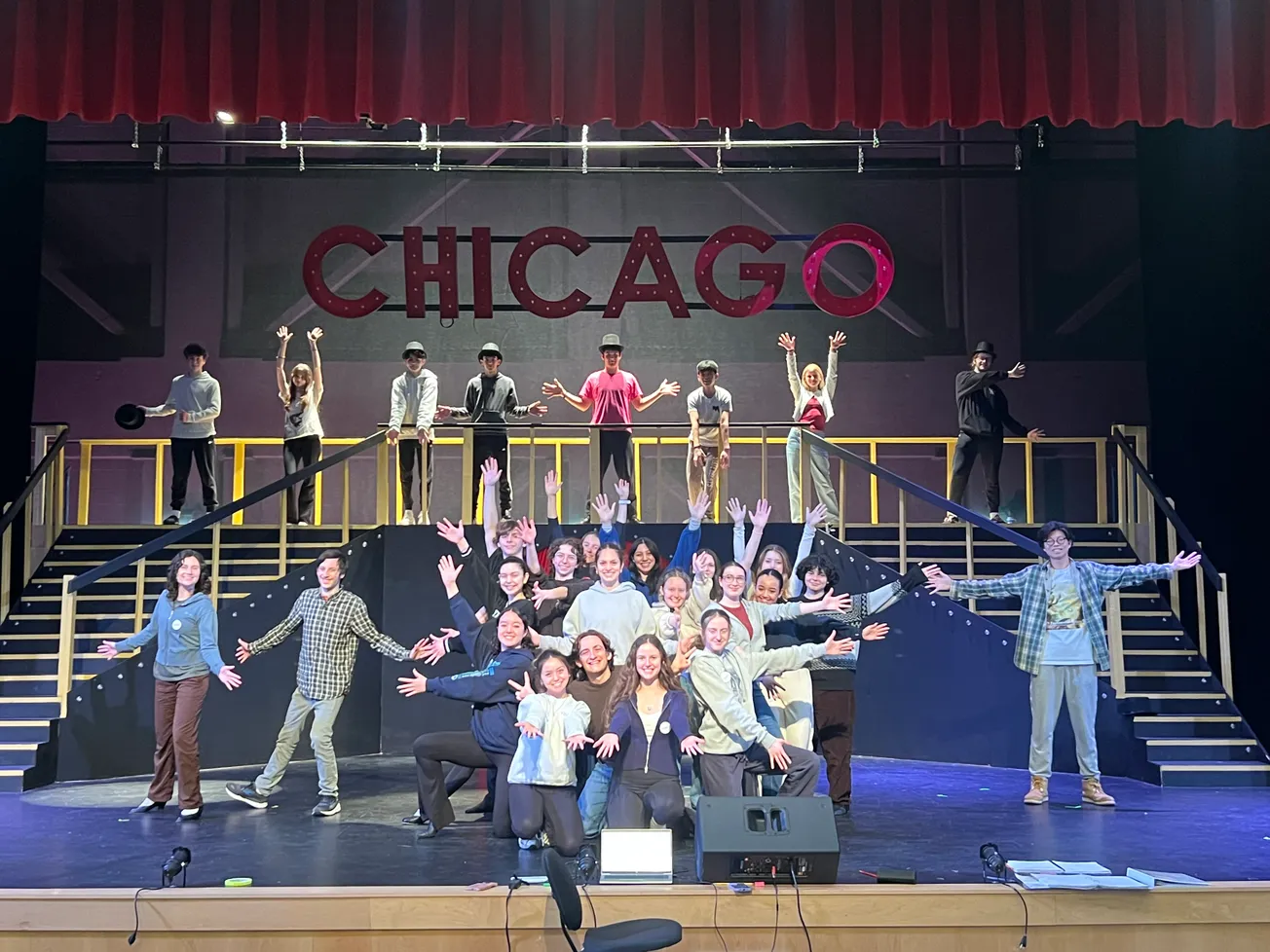Table of Contents
The literacy discussion continued last week with more statements from parents during the public comment period of the latest School Committee meeting, followed by updates from Superintendent Dr. Frank Hackett later in the evening.
Cheryl Timko started the March 19 meeting by thanking Hackett and the School Committee members “who have acknowledged the importance of the literacy curriculum topic,” but said she was disheartened by their choice of a consultant, the Collaborative for Educational Services (CES), to conduct the upcoming evaluation.
“My heart sunk to find that this group supports, and actually sells training for, Reading Recovery,” Timko said. “For those that don’t know, Reading Recovery is exactly the type of program that many of us are concerned about having in our schools, a program that involves cuing methods, and one that has been discredited by research. Further, a quick look at the social media accounts for those highlighted on CES’s website, suggests opposition of the statewide proposed legislation that would ensure all students receive evidence-based curriculum.”
Timko wondered why that choice was made when Hackett had emphasized at an earlier meeting that he wanted a consultant who was not a literary expert, to ensure they would not be biased towards any particular teaching method.
She supported Hackett’s call for transparency through the process, and urged him to keep the lines of communication open and allow parents to play a role in the evaluation process, asking for “more direct communication” and “parent and community involvement sooner rather than later.”
Asking for meetings where parents and administrators could actually speak to each other, rather than parents just giving public comment with no direct response from administrators, she said, “Can we, the administration, the School Committee, and the community find a way to communicate and truly collaborate on this effort? Is there an alternative format to this meeting so that we can truly converse and have a more productive dialogue?”
Kate Duncan spoke next and said she’s grateful her daughter’s kindergarten teacher at Muraco is “teaching her phonics and is not using Units of Study in her classroom” and that “she truly is experiencing a joy of reading.” However, she worries about other kids, and whether it’s taking too long to implement evidence- based curricula across the district.
“While I am happy to hear that this committee is taking up this issue and looking for ways to address it, the current plan seems like it’s going to take far too long,” Duncan said. “I have seen several of our neighboring districts see the data, identify the issue, and make needed changes to their curriculum in a fraction of the time.”
Nora Cooney voiced her disappointment that Hackett decided not to give an overview of how the district is currently teaching literacy and allocating resources to it.
“I assume that there are some decisions being made at a district level of how we’re using those funds and what we’re putting them to,” she said. “And my question is, how does that happen? We just want to understand, who determines what is best practice in our district? Who determined that units of study was still going to be on the list of accepted best-practice curriculum lists for all the grades? Which it still is — regardless of whether a teacher’s using it, as a district, we are still endorsing it.”
Cooney said although the district had made UFLI available to every classroom, unless teachers were given the professional development tools to use it, they might be choosing to use other teaching methods simply because they do not have the resources to switch. She hopes this doesn’t skew the data collected through the upcoming surveys and interviews.
“If we don’t understand that, any info and data that we’re getting through this process isn’t really full information because if you’ve been trained your whole life in one model and there’s this sea change, getting buy-in for that also requires really educating and helping them learn,” she said, “and not having them have to do it on their own or spend their own money to get that training.”
Cooney concluded by reiterating the reason parents have pushed for this change, alluding to data discrediting so-called balanced approaches to literacy teaching.
“We hear all this talk about data, but we don’t hear a lot in the discussion about all the data that’s already out there that’s making many of us nervous to begin with,” she said. “And I think just addressing that data and not looking at our school in a vacuum would be really helpful in looking at what’s to come.”
The district’s plans
After hearing from parents, Hackett began his update by naming the primary researchers from the Collaborative for Educational Research.
Rebecca Mazur, PhD senior research & evaluation specialist, and Catherine Brooks, senior research & evaluation specialist and survey specialist, will head the research team for the study. They plan to attend the next School Committee meeting on April 9 to get feedback and provide updates
Hackett, along with some central office staff, Chair Tom Hopcroft and Vice Chair Michelle Bergstrom, have met with the researchers to map out logistics, including how they will communicate and the general timeline of the process.
“We have not identified yet the entire full scope, so some of this could change as we go through this process and the data becomes more clear,” Hackett said. “We wanted to keep it somewhat fluid so if we see something that takes us in a different direction, we want to have the flexibility to do that.”
Additionally, Hackett has now met with all elementary school parent associations, as well as K-5 staff members, noting that “we had good turnout, some good conversations, good suggestions, some direct feedback. I’m still scratching my head as to how anyone feels intimidated saying anything out loud because they seem to feel very comfortable saying it to me.”
Hackett said teachers, like parents, wondered “why can’t we just go into a [new] curriculum?”
“I think overwhelmingly people appreciate the opportunity to be able to have a chance to express themselves and have us hear their voice,” he said. “Again, those were overall very positive.
“It was helpful, I appreciated their time, as well as their interest, and there’s clearly a really good energy around this process,” he added.
Hackett noted the CES researchers have begun meeting with the elementary school principals to answer questions and explain the process, and that they have begun working on the preliminary survey design.
Hackett then spoke more about how the evaluation process would unfold over the next few months, under CES’s direction.
“Their maximum capacity is 16 members for the design team,” he said. “We’ve made the commitment to have every school represented with educators as well as parent representation to the extent that we can get to that number, the 16.”
Beginning the first week of April, there will be six to eight late-afternoon meetings of the design team, mostly over Zoom, but with a goal of one or two in-person meetings as well.
The design team will provide feedback to the researchers, as well as discuss and deliberate with each other based on data provided by the researchers, “share personal perspectives and experiences” with an ultimate goal of “provid[ing] reflections to support the district in considering appropriate next steps.”
Hackett said he is hoping people on the design team will seek feedback from others they know, including other teachers and parents, as well as share feedback from the design sessions with staff members and parent associations at the schools to keep everyone apprised of the process.
Requests for educators interested in being on the design team and coordination with the parent associations will take place between now and March 29. Surveys will go to parents and educators in early May, and in-person and online feedback sessions are scheduled for the weeks of May 13 and 20.
Interim progress updates will be given in April and May, with the final presentation of findings in June.
Hackett noted that although he has asked CES several times if the final timeline could be moved up to May and been told no, that CES does “recognize the sense of urgency with this process, and wants this to be valid, reliable, well done, and get at what we’re asking for.”
“All this, as I have said before, is an effort to really try to begin that process of having this conversation with the community, and to try to rebuild some trust, which we recognize has been lost or is not where it should be,” Hackett said. “It’s a sincere genuine effort to do that. I understand some of the comments that are being made in different settings around CES and the Reading Recovery connection. I can only say what I’ve said before — I hope the people can suspend their disbelief and go through the process, respect the process, and take the opportunities that will be provided to give feedback.”
School Committee questions
Member Shamus Brady then asked if some of the parents who had spoken at the School Committee meetings lately could be included on the design team.
“I know we’ve had a lot of very knowledgeable folks speak at our public comment over the last few meetings,” Brady said. “I’m hopeful that we can invite some of those folks to be parent representatives.”
Hackett said that would be his goal, within the confines of the 16-member limit and trying to get representation from all of the schools.
Bergstrom added, “Just to clarify, no administrators and no School Committee member on the design team either?”
Hackett replied that, although neither he nor any member of the School Committee would be on the team, both the Vinson Owen Principal Kathleen Caron and Ambrose Principal Andrea Phalen, as well as Laurie Kirby, assistant superintendent of personnel and elementary education, would be on the design team, presumably leaving 13 spots available.
Winchester News is supported by our community. Please donate to support our work.








